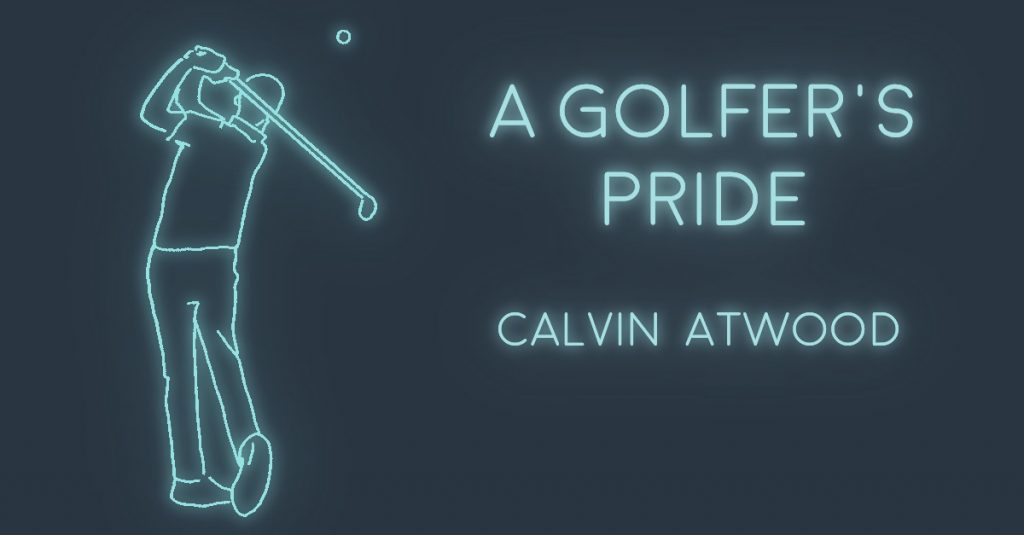
A GOLFER’S PRIDE by Calvin Atwood
During our very first conversation, Erik told me that he liked his blow jobs fast, and he once fucked a hooker in a Detroit airport bathroom.

During our very first conversation, Erik told me that he liked his blow jobs fast, and he once fucked a hooker in a Detroit airport bathroom.
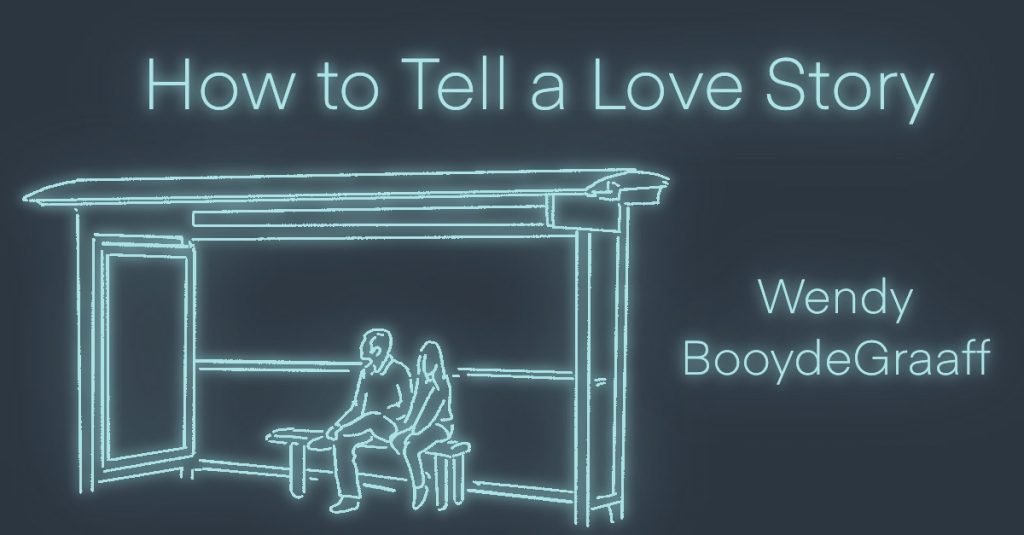
These two are not young, not rom-com blow-dried and fresh. One of them has an eye with a filmy sheath over the iris, and the eye also wanders, preventing the long lovers’ gaze.
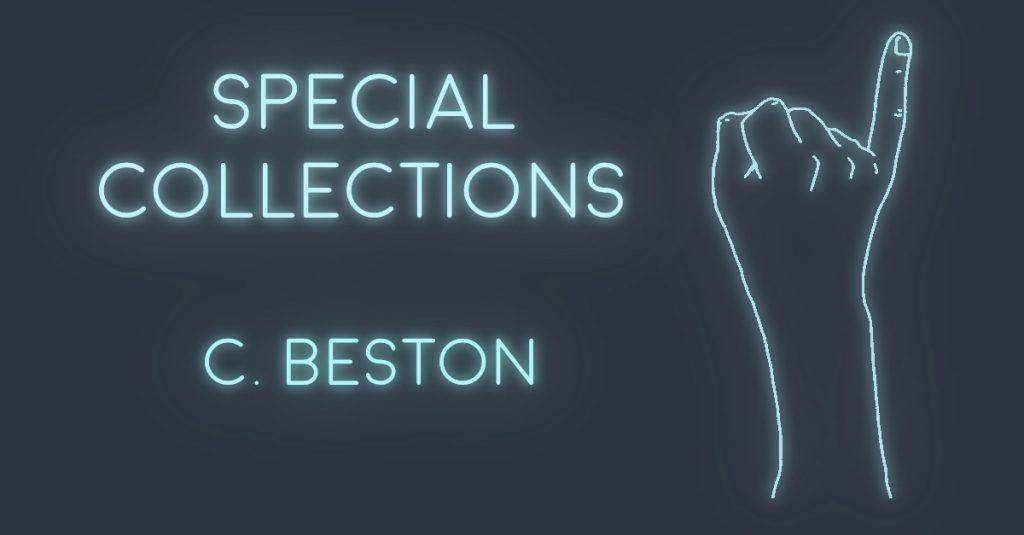
My husband lost the finger in a card game, then his hosts kept it and bequeathed it to your institution.
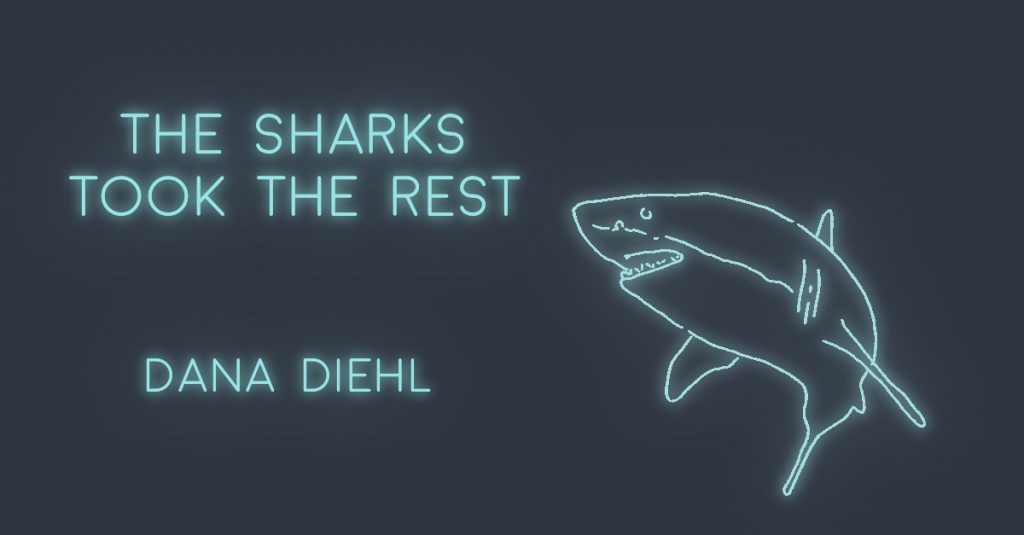
Killing a shark is always personal. The shark ate your wife. The shark ate your son.
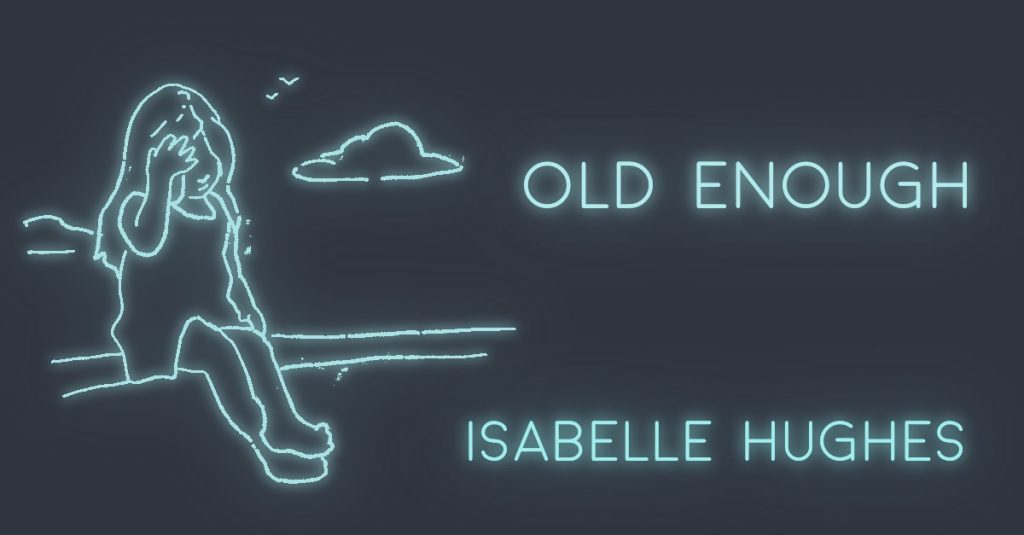
There hadn’t been this much excitement since the boys came home from war with their uniforms and their little triangular hats. They’d been shipped off again.
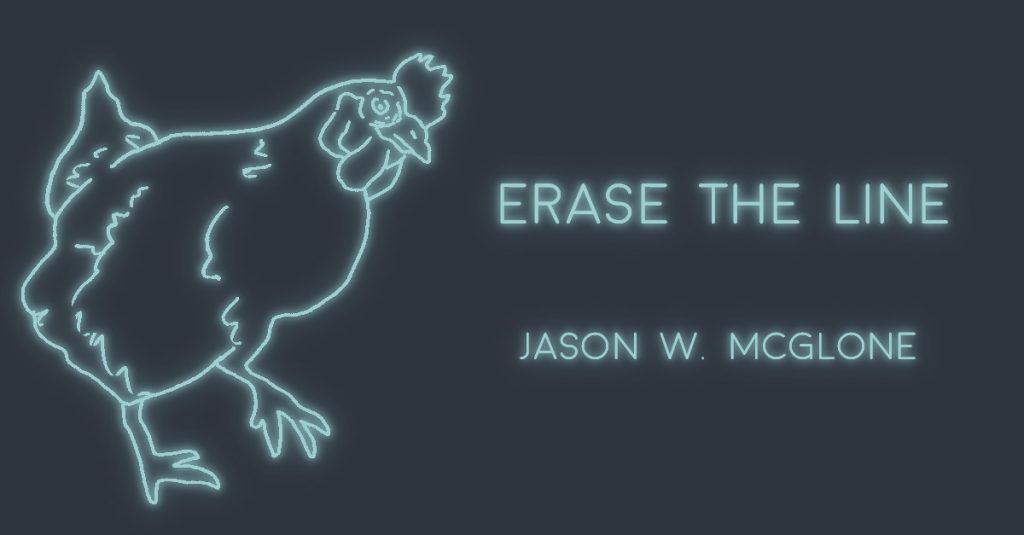
My mother is bursting at the seams and I am watching her stitching begin to give.
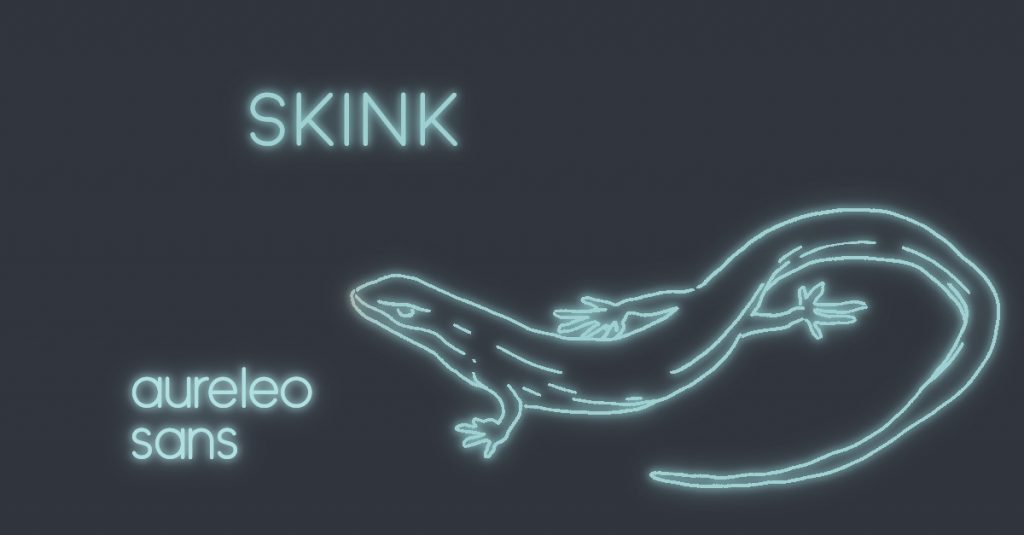
For now he made his home in men. Or rather, for a time, they lodged in him while he saved up seed money.
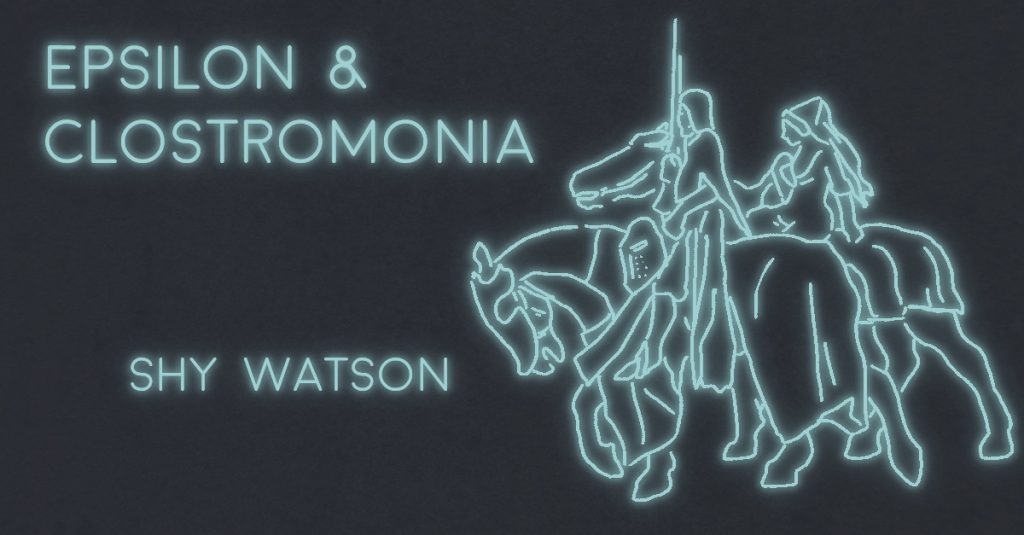
Clostromonia was beautiful. She was big-breasted and a fine cook. Epsilon’s fellow noblemen regularly begged for slices of her bimbleberry pie. “Ay, Epsilon,” they’d say, “I’m going to snatch the pie from your maiden’s windowsill along with the big-breasted beauty who made it!” In these moments, Epsilon felt proud.
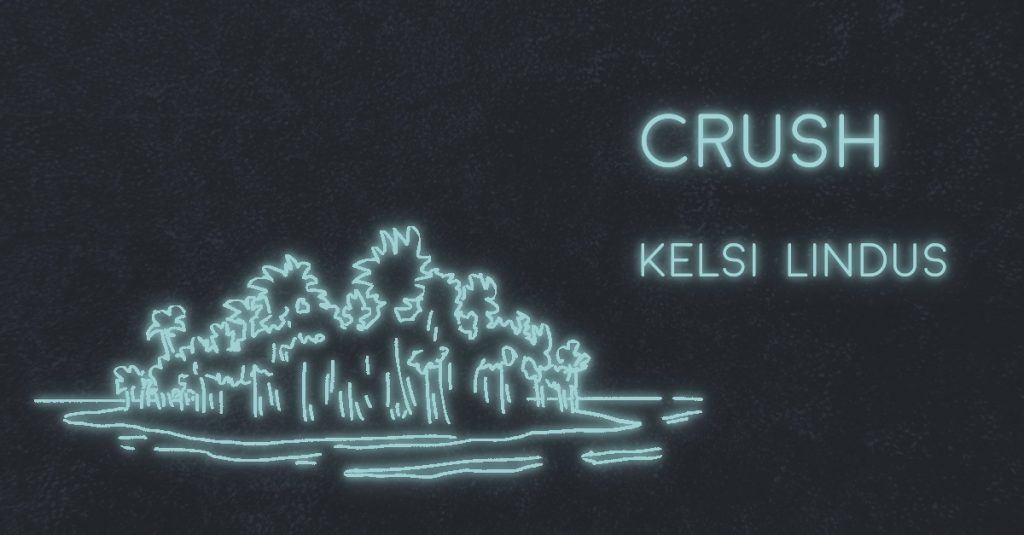
On the white sand, I stand with a man who doesn’t love me and we watch a bald eagle–big as a boy–bent over something bloody.
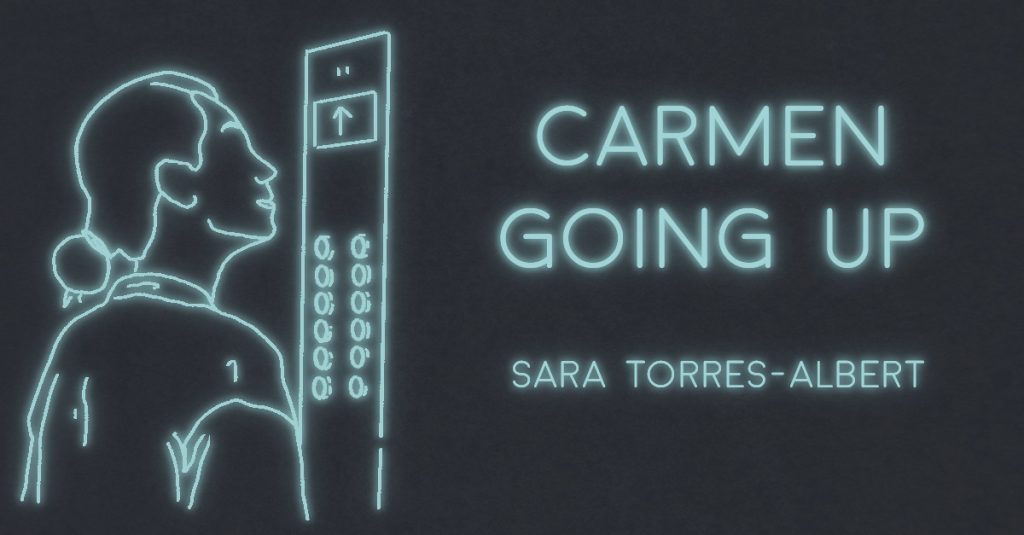
When the man from 10C did not say hello to Carmen in the elevator, it barely bothered her at all; she was decorated to her chin with packages—housewarming gifts from one friend or another—and probably looked too compromised for conversation